cottage
Please login or become a member to start adding favourite plants & articles to your profile.
getting cottage style
QUICK TIPS:
1. Use easy to grow, self seeding plants
2. Focus on plants not hard materials
3. Use fragrant plants
4. Choose colour schemes
5. Arrange plants to contrast with their neighbour
6. Integrate fruit, vegetables and herbs with flowers
The cottage garden evokes old-fashioned charm and romance.
Originally small, practical spaces used to grow herbs, vegetables and fruit, the cottage garden evolved into a looser, more decorative style with a focus on flowers rather than food production or hard landscape materials.
An axial path to the front door and a central clearing with a garden feature are rare formal elements; relaxed with recycled brick paving and rustic ornamentation.
Lawn areas are restricted and secondary paths of gravel or stepping stones meander through garden beds packed with an informal jumble of spreading perennials, spring bulbs and edible plants. Self-seeding annuals are left to pop up randomly.
Little hedges trim some borders but most lines and edges are blurred as plants are allowed to spread and tumble.
Low, enclosing border plantings and picket fencing draped with scrambling climbers create an intimate, cosy feel. Scented climbing plants also soften building walls, hide sheds and drape arbours and arches.
The cottage garden collects favourite flowers and colours but a challenge is to combine them to create complimentary or contrasting effects. Different colour themes are used in different garden areas: warm reds, oranges and yellows in one and a cool scheme of blues, purples and whites in another. Some garden rooms have flowers of only one colour.
Plants are grouped in clumps of odd numbers; and placed so the leaf texture and form of one group contrasts with its neighbour.
The modern cottage garden includes grasses, native wildflowers, annuals, grey foliage plants, vegetables, herbs and fruit trees as well as old-world flowering plants.
Use the Plant This Plant Selector to find plants to suit your cottage garden.
Comments (0)
Tell our Plant Selector what you want & like and we'll search thousands of plant profiles for compatible matches
Special Offers
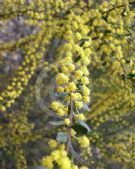
Plant of the Day
Gold Dust Wattle
Plant type: evergreen shrub
H: 2.5m W: 3m
Sunlight: hot overhead sun to dappled light

Fast Facts
cottage style
The cottage garden collects favourite flowers and colours and combines them to create complimentary or contrasting effects.
Recently added cottage articles
Most viewed cottage articles
Get the Plant Selector's full features plus news, forums & competitions. Sign up, it's free.
Click here for more
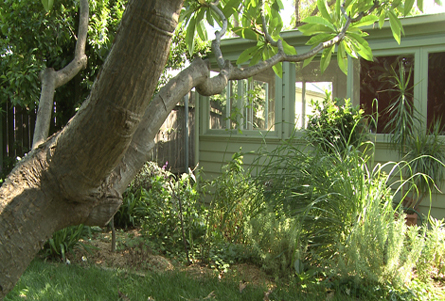
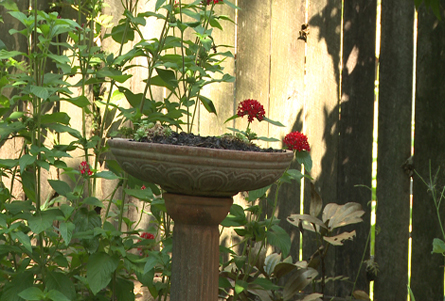
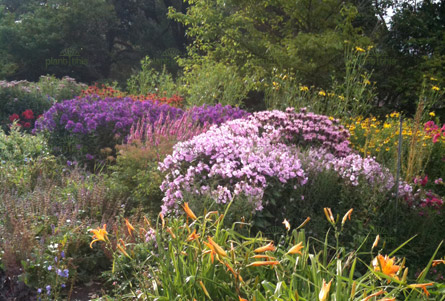
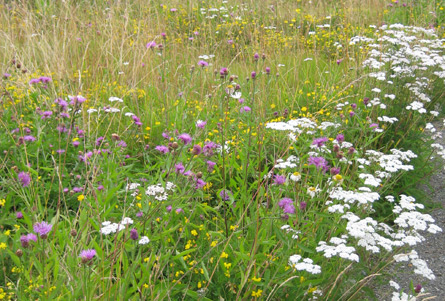





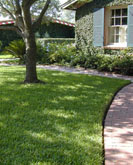

You must be a member to share: Login or Register